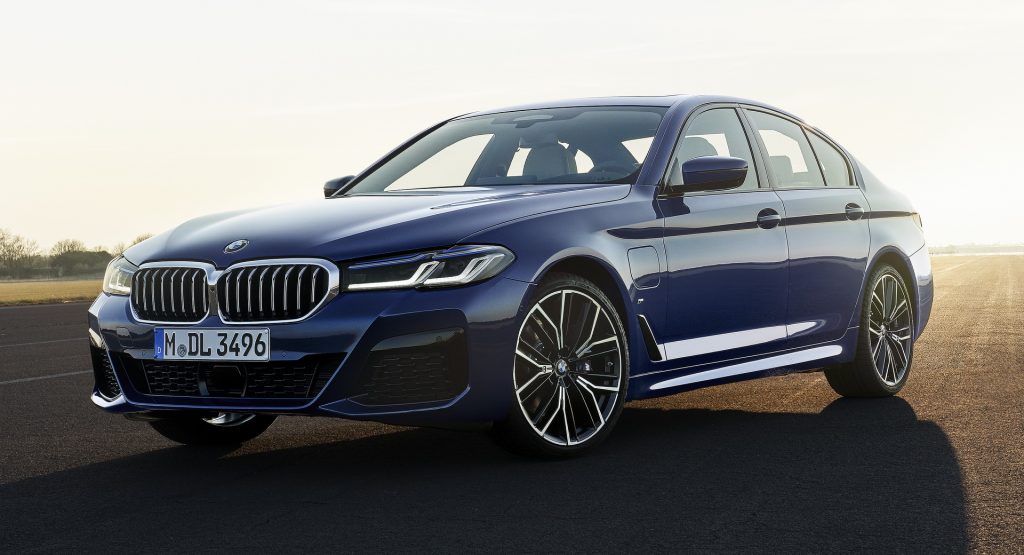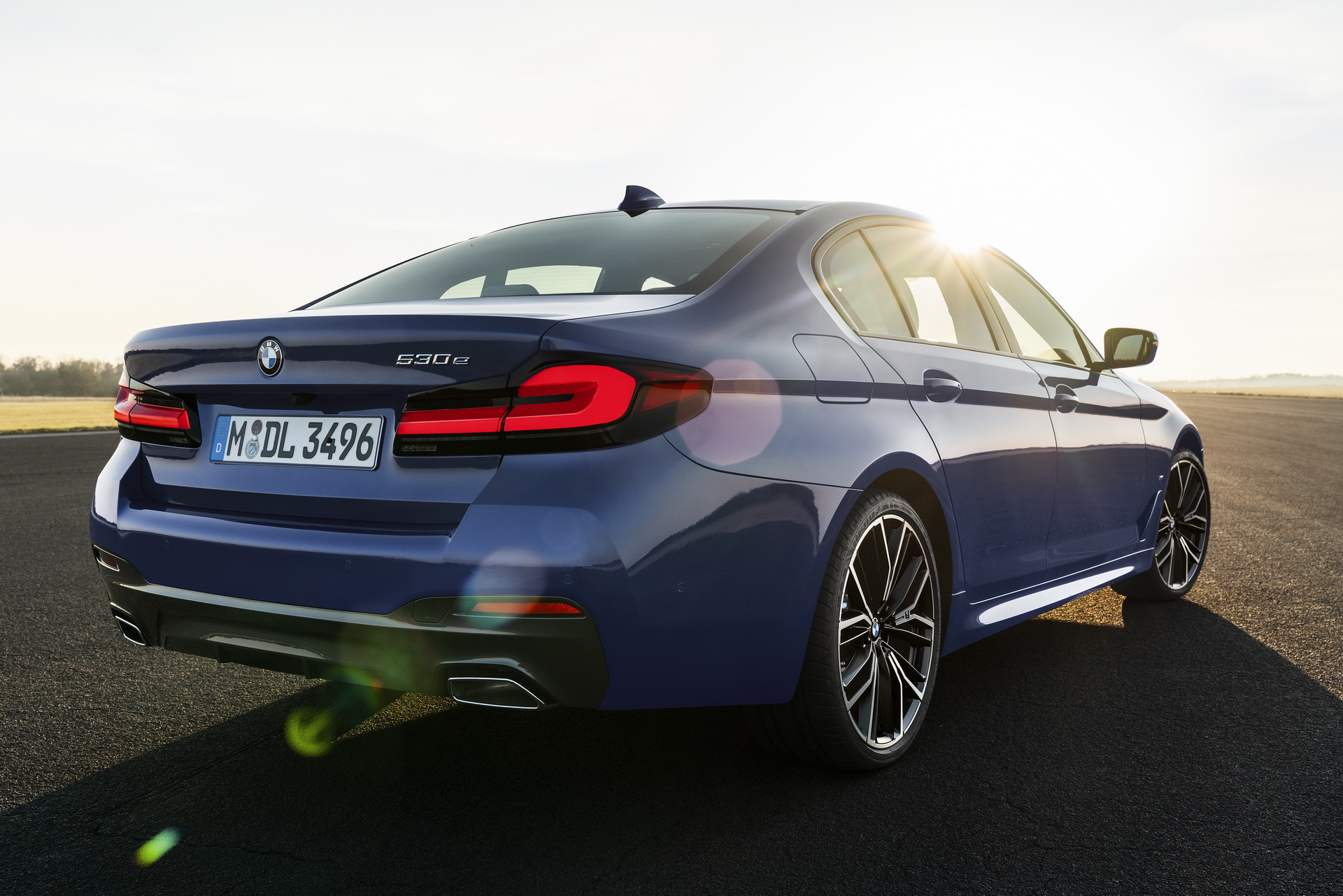BMW’s next-generation 5-Series and X1 SUV models will be available with a fully electric powertrain, in addition to petrol, diesel, and plug-in hybrid options.
It’s all part of BMW’s plan to reduce CO2 emissions per vehicle by at least one third for the vehicle’s entire lifecycle by 2030. The Bavarian carmaker is set to introduce 25 hybrid and electric models by 2023.
The next BMW 5-Series and X1 models will follow the footsteps of the 2022 7-Series, which will become the first BMW to be available with the aforementioned four types of powertrains, including a pure EV variant.
Read More: The BMW iNext’s Massive Kidney Grilles Are Loaded With Technology
The standard petrol and diesel variants of the next 5-Series, X1, and 7-Series will employ a mild-hybrid 48-volt technology too, further aiding BMW to reach its CO2 targets.
By the end of 2021, BMW’s EV range will include no less than five models, including the i3 -presumably with another battery upgrade-, the iX3, the i4, the iNext SUV, and the Mini Cooper SE.
“We are not just making abstract statements – we have developed a detailed ten-year plan with annual interim goals for the timeframe up to 2030,” said Oliver Zipse, BMW’s Chairman. “We will report on our progress every year and measure ourselves against these targets. The compensation of our Board of Management and executive management will also be tied to this.”
BMW added that they are on track to meet the strict CO2 fleet target in the EU this year. The German carmaker aims to have more than seven million electrified models on the roads in ten years, with two-thirds of them featuring a fully electric drivetrain.
The company didn’t release any technical details or provided a launch date for the electric 5-Series and X1 models. However, BMW is expected to use a similar setup with the recently unveiled iX3, which employs a rear-mounted 282 HP electric motor and an 80 kWh battery pack.











